Market Share
Automotive Intercooler Market Share Analysis
Intercooler gets rid of the heat produced due to the high temperature that is created by any gasoline when its strain is raised. Turbochargers and superchargers are engineered in a manner that forces extra air into the engine manifold and combustion chamber. The heat produced by a supercharger is compensated by means of the intercooler to enhance the performance of the automobile. Intercoolers are normally of two kinds: air-to-air and air-to-water. The air-to-air intercooler is used to cool down the air with air. The change of heat takes place between the air that has been charged through the price pipes and the air that is flowing through the intercooler. The automotive intercooler market has visible awesome tendencies inspired by advancements in engine technology, regulatory necessities, and shifts in the automotive industry. One outstanding trend revolves around the growing consciousness of turbocharged and supercharged engines. As automakers try to beautify engine overall performance and gas efficiency, turbocharging and supercharging have ended up more usual. Moreover, stringent emissions rules internationally have propelled the adoption of intercoolers in the automobile industry. Emission requirements aimed toward decreasing pollution have led producers to put in force technologies that improve engine performance even as assembly regulatory necessities. Additionally, advancements in intercooler design and materials have been a sizable trend in the automobile market. Manufacturers are continuously innovating to improve intercooler efficiency and sturdiness. Advanced materials, along with aluminum, which gives better thermal conductivity and lighter weight, are being utilized more and more in intercooler creation. Furthermore, modern designs incorporating large surface areas, better airflow, and improved warmness dissipation capabilities contribute to extra green intercoolers. These improvements aim to maximize cooling performance even as minimizing strain drop, resulting in stepped-forward engine overall performance. Moreover, uncertainties inside the regulatory panorama and transferring customer options upload to the complexities of the intercooler market. Evolving emission policies and converting market needs may affect the direction and scope of intercooler technology in the automotive quarter. Adapting to these changes, even as making sure compliance with guidelines and meeting customer expectancies, will become vital for companies operating in this market. The automotive intercooler market is experiencing dynamic shifts pushed through improvements in engine generation, regulatory pressures, and evolving car traits. The rise of turbocharged and supercharged engines, compliance with emissions policies, improvements in layout and materials, and the effect of electrification are most of the key tendencies shaping the market. Addressing demanding situations related to performance optimization, automobile integration, regulatory compliance, and market fluctuations could be important for sustained boom and innovation inside the automotive intercooler market.


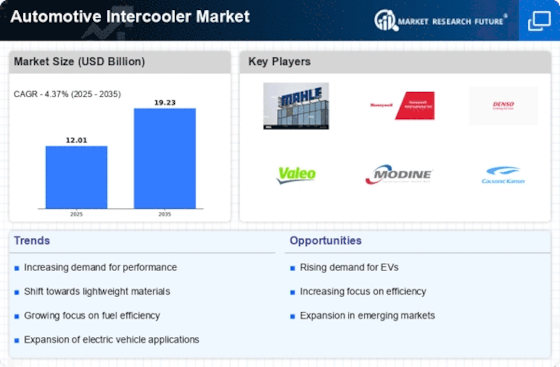
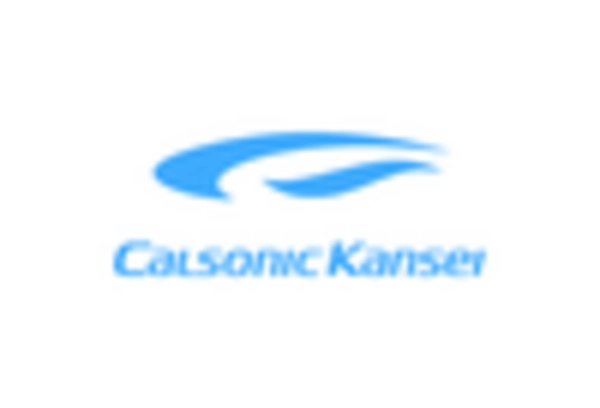


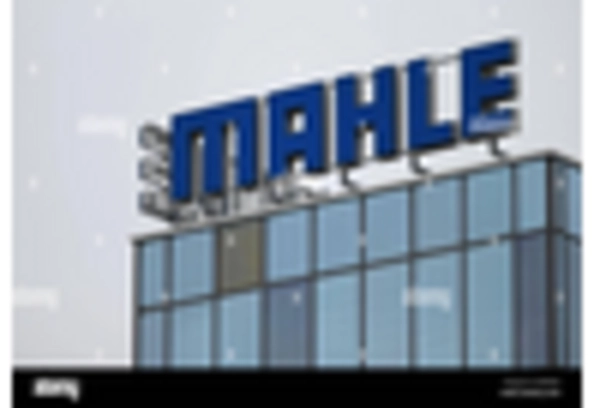
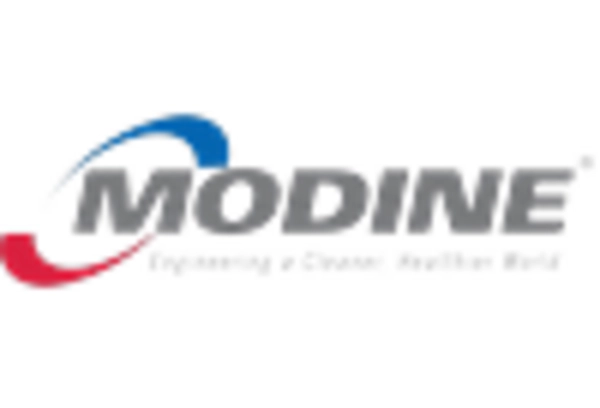
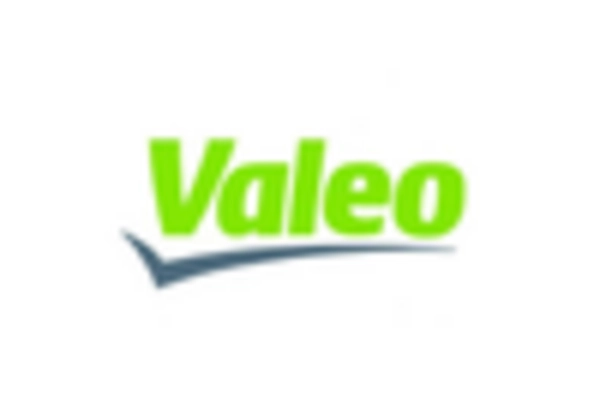









Leave a Comment